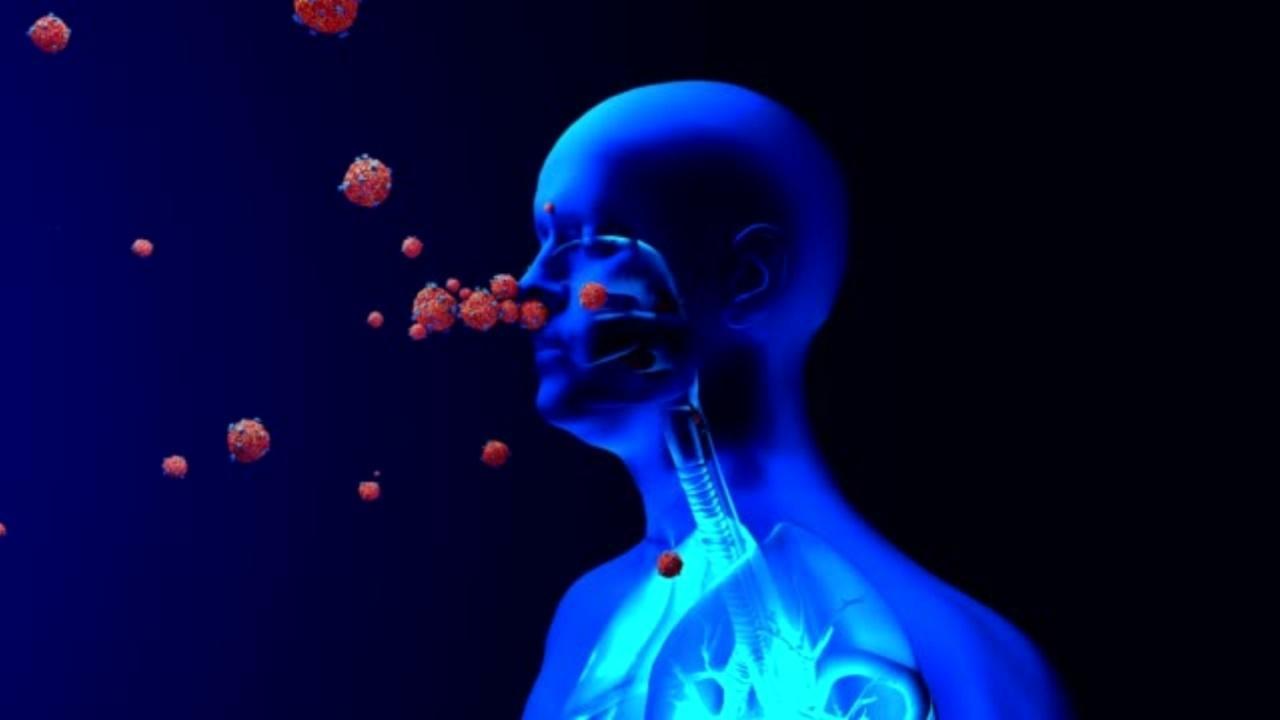The study, compiling results of over 700 research papers and almost half a million observations, bolsters the notion that climate change can alter the risk of succumbing to infectious diseases

Image for representational purposes only. Photo Courtesy: iStock
Increasing climate change conditions may raise the risk of infectious diseases that can prove deadly to humankind, finds an alarming study. The study, published in the scientific journal Ecography, detailed a Europe-wide investigation on the prevalence of protozoans, bacteria and viruses potentially pathogenic to humans and domestic animals in birds and bats in varying climatic conditions. The prevalence of many of these pathogens was associated with temperature or rainfall.
ADVERTISEMENT
The new study compiled information on the occurrence of over 75 pathogenic microbes across Europe from almost 400 bird- and 40 bat species. Combining data on occurrence with climatic factors revealed that the occurrence of most pathogens was associated with temperature or rainfall. "In general, the occurrence of pathogenic bacteria increased in areas with a warm and dry climate. On the other hand, pathogenic viruses prefer moist climates," said lead author Yanjie Xu from the Finnish Museum of Natural History, University of Helsinki in Finland.
The association between climatic factors and pathogens could be investigated on the 17 pathogen taxa with most data. The observed associations varied. "Temperature was positively associated with occurrence of avian flu virus, malaria -parasite, and bacteria that cause chlamydia, salmonella, Q-fever and typhus in birds and bats," explains university lecturer Arto Pulliainen from the University of Turku Institute of Biomedicine in Finland.
Rainfall had both positive and negative associations with the occurrence of pathogens. For instance, increasing rainfall increased the probability for the occurrence of Usutu-, Sindbis- and avian flu viruses, as well as that of the occurrence of salmonella bacteria. "Usutu- and Sindbis- viruses are vectored by mosquitoes, and rainfall can increase the occurrence of wetlands favoured by mosquitoes. Similarly, avian flu and salmonella are prevalent particularly in waterfowl, for whom wetlands are also of importance," said academy research fellow Thomas Lilley from the Finnish Museum of Natural History.
The study, compiling results of over 700 research papers and almost half a million observations, bolsters the notion that climate change can alter the risk of succumbing to infectious diseases. Climate change modifies the distribution ranges of both the pathogens and their hosts, the wild animals. The distribution ranges of birds have already been observed to shift northwards by over a kilometre per year. Climate change also influences the occurrence of pathogens in the environments, for instance in water bodies.
This story has been sourced from a third party syndicated feed, agencies. Mid-day accepts no responsibility or liability for its dependability, trustworthiness, reliability and data of the text. Mid-day management/mid-day.com reserves the sole right to alter, delete or remove (without notice) the content in its absolute discretion for any reason whatsoever
 Subscribe today by clicking the link and stay updated with the latest news!" Click here!
Subscribe today by clicking the link and stay updated with the latest news!" Click here!







